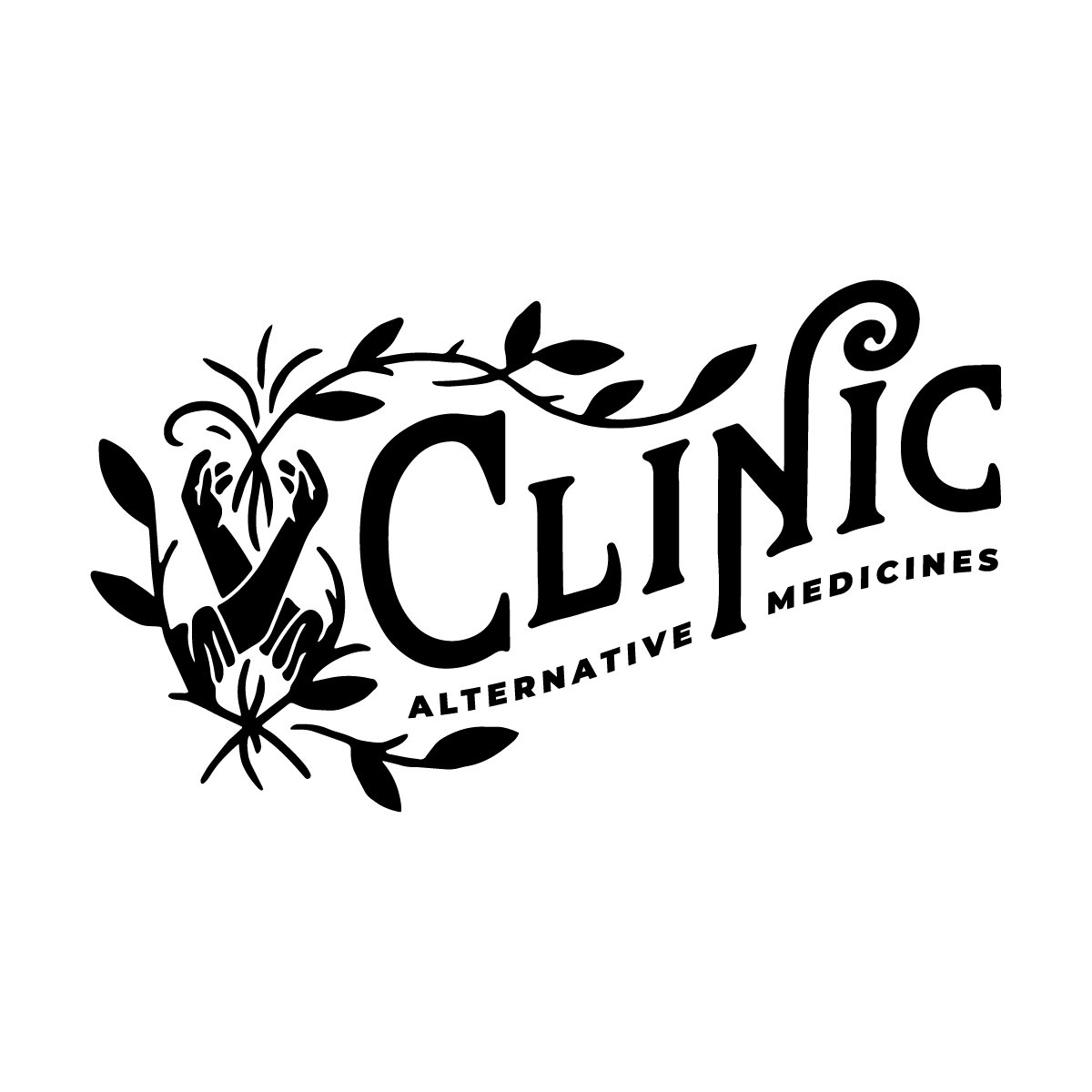What the Placebo Effect Can Teach Us about Treating Depression-- And How We Can Do Better
What makes an antidepressant effective? And what can the placebo effect teach us about patient care in the context of the current American healthcare system?
These are two of the questions I sought to answer when I picked up psychiatrist Peter Kramer’s book, Ordinarily Well: The Case for Antidepressants. But I was surprised by Dr. Kramer’s tendency to brush the placebo effect aside, and to be seemingly annoyed by its confounding existence. In my opinion, what the placebo effect illustrates is that humans respond to the simple act of being cared for by feeling better. How can we ignore that?
This is one way in which conventional medicine is failing us in America today; caring for people takes time, and time is money in a capitalist system. Adequate treatment of mental health requires consideration of the context in which we live—it cannot be addressed with one remedy or several, for substances fall short in addressing the whole picture, whether they are pharmaceutical, botanical, or fermented. Here we must employ whole-picture thinking if we are to create real healing.
The rise of holistic medicine is in itself a challenge to the linear, binary thinking of the patriarchal paradigm, and those challenges are often perceived as threats. Which is probably why the efficacy of holistic medicine has been largely dismissed by the mainstream medical establishment over the last century.
What Dr. Kramer saw, and what I see in my own practice, is that antidepressant pharmaceuticals can offer enough of a spark, can be enough of a catalyst, to move someone through a difficult state and out the other side. I have also seen botanical medicine, psychedelics, entheogens, and empathogens do the same thing. When effective, all of these remedies are catalyzing change. Is one better than the other? And how does the placebo effect and the act of caring play a role?
In my opinion, the placebo effect shows us that care is just as valid as any other remedy. It is of equal or greater value, it represents the immeasurable value of love and compassion. If we were to infuse the current conventional medical system with more care for patients, we would be on the way to mending something very broken. I don’t view placebo as a confounding effect, but as a clear arrow pointing to the complexity of healing and the human spirit.
To read this article in its entirety, click here: www.emmaacupuncture.com
Emma Whiteoak Lee is an acupuncturist, herbalist, and mental health activist who has been working in the field of holistic health for over twenty years and specializes in mental emotional disorders.

